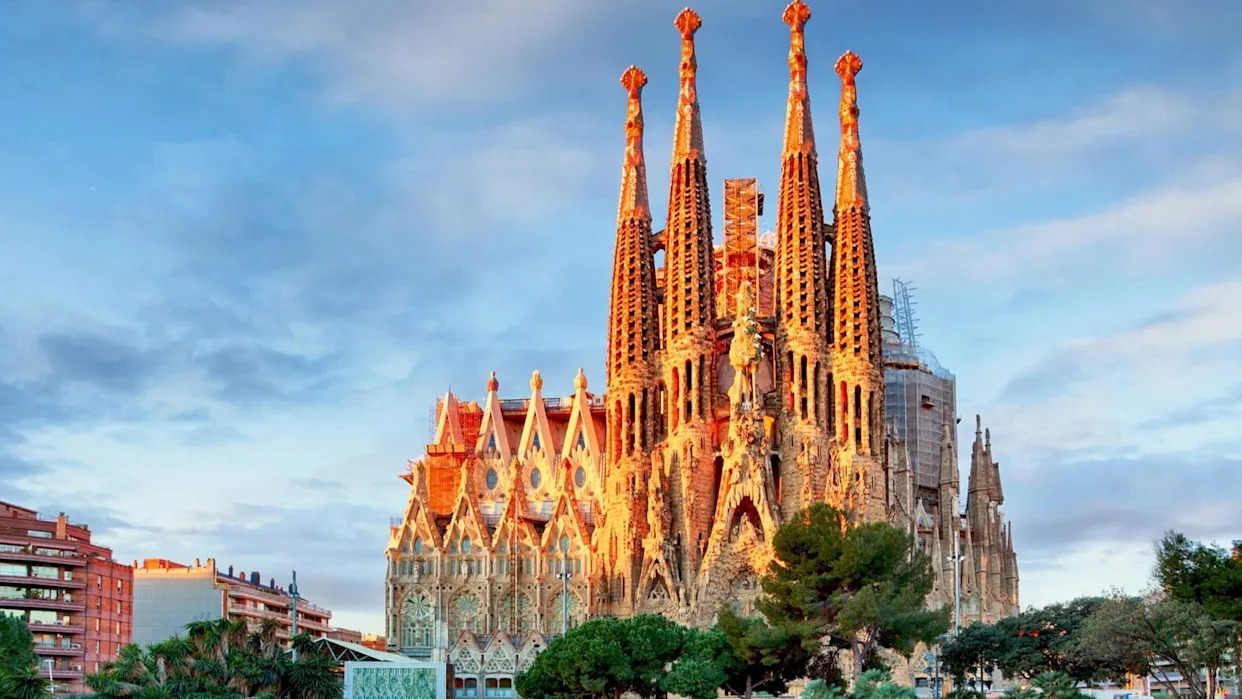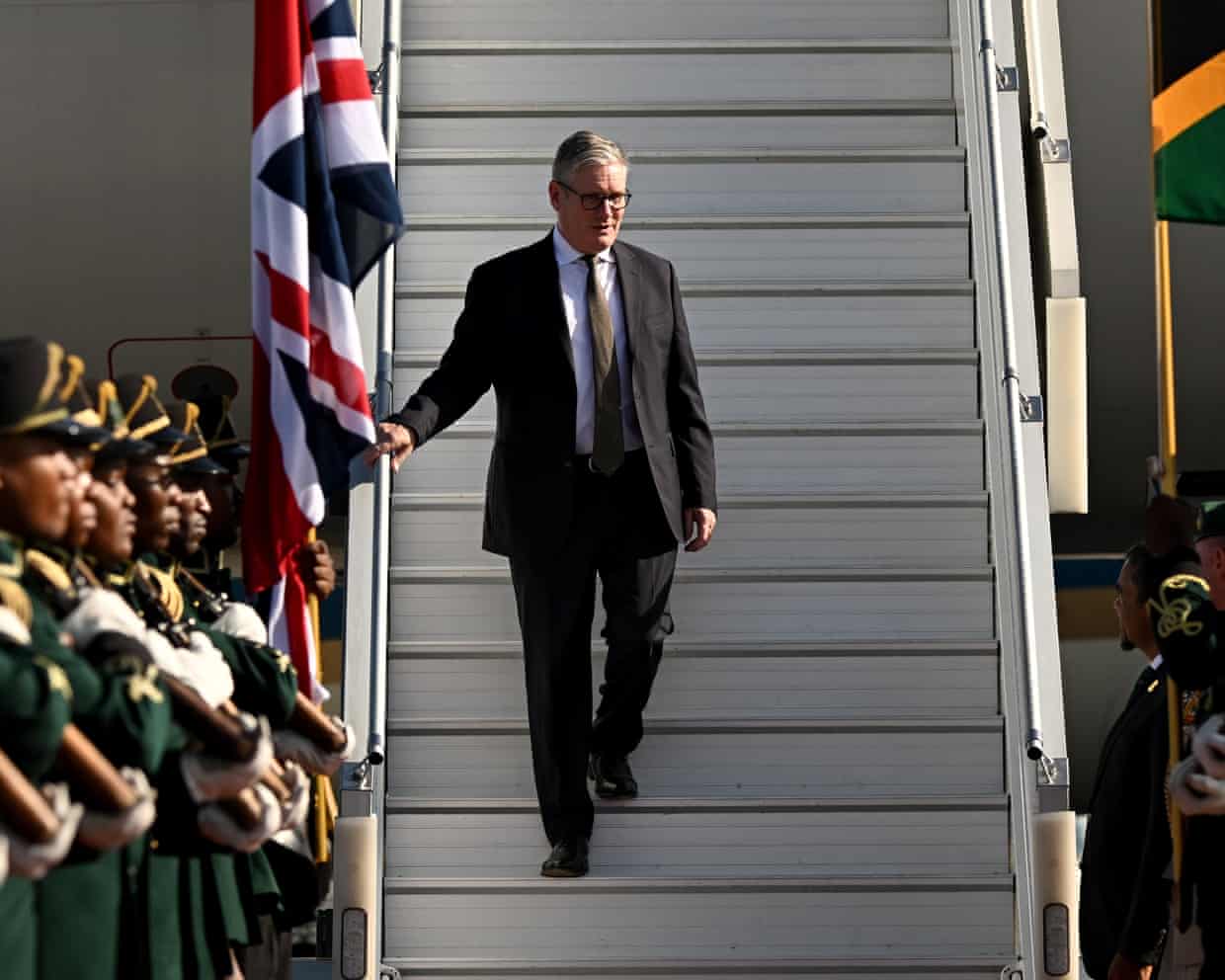Tourists are increasingly feeling unwelcome in various destinations around the globe, with protests and government measures reflecting rising tensions between local residents and visitors. In Spain, a surge in tourist numbers has sparked significant backlash, while cities like Amsterdam and Venice are actively seeking to deter visitors through campaigns and fees.
Spain’s Anti-Tourism Protests Intensify
In July 2024, Barcelona witnessed large-scale protests as thousands marched down the famous La Rambla carrying signs that read, “Tourism kills the city” and “Tourists go home, you are not welcome.” Demonstrators even resorted to using water pistols to spray dining tourists, forcing them to leave their tables. This unrest comes in response to a staggering influx of 42.5 million tourists in the first half of 2024, marking increases of 11.5 percent from 2019 and 13.3 percent from 2023. The overwhelming number of visitors has strained local infrastructure and driven housing costs up, exacerbating tensions in cities like Cadiz and Lanzarote, which joined the demonstrations.
Amsterdam’s Campaign Against Rowdy Tourists
In the Netherlands, the city of Amsterdam has taken a proactive stance against undesirable tourism. The local government launched a “Stay Away” campaign aimed at British holidaymakers, particularly those searching for stag parties or wild weekends. Promotional videos depict young men being arrested or fined for public misbehavior. Despite the campaign’s efforts, evidence suggests it has not significantly deterred British tourists. In March 2024, Amsterdam intensified its initiatives with an online survey titled Amsterdam Rules, further highlighting the city’s growing discontent with rowdy visitors.
Japan Grapples with Overtourism Challenges
Japan is experiencing its own overtourism struggles, with approximately 36.87 million international visitors in 2024, a 47.1 percent increase from the previous year. The Japan National Tourism Organization (JNTO) reported that visitors from South Korea, China, Taiwan, and Hong Kong accounted for 1.99 million out of 3.3 million tourists in October 2024, making up 60 percent of arrivals. Newly elected Kyoto Mayor Koji Muramasa ran on a platform against overtourism, as the city, home to around 1.5 million residents, saw over 32 million tourists last year. In response to complaints, Kyoto has banned tourists from entering private alleys in Gion, a neighborhood locals say should not resemble a theme park.
Venice Implements Fees and Restrictions
Venice, a city emblematic of the challenges posed by overtourism, introduced a €5 fee for day-trippers in April 2024. Protesters marched through its narrow streets with signs like “Welcome to Veniceland” and “No to the ticket.” The city had previously banned cruise ships from docking in the city center following years of protests. Residents are increasingly frustrated with how tourism disrupts their daily lives, as they contend with overcrowded streets and rising living costs.
Turkey’s Travel Disruptions Amid Political Unrest
Political tensions in Turkey have led to significant travel disruptions. Protests have erupted across the country, with Istanbul becoming a focal point of unrest. Travel restrictions are now in place, and the potential for violence persists, with police employing tear gas and water cannons to control demonstrations. A 2024 survey by the UNHCR revealed that 77 percent of respondents in Turkey support closing the border to refugees, the highest rate globally, reflecting the current climate of discontent.
Croatia’s Responses to Antisocial Behavior
In Croatia, the coastal city of Split has begun to address antisocial tourist behavior with stern measures. Authorities have placed signs warning of €300 fines for activities such as public urination, climbing on monuments, or sleeping in public areas. While these measures are less severe than those in other countries, they indicate a growing frustration with behaviors deemed disrespectful to local heritage.
Iran and North Korea: Political Climate Deters Tourism
Iran, known for its rich cultural heritage, faces challenges stemming from its political climate. Strained relations with many Western nations contribute to a perception of unwelcomeness, despite the individual hospitality of its people. Similarly, North Korea’s tightly controlled environment presents significant barriers for tourists, with strict regulations on movement and photography adding to a sense of unease. Currently, US citizens are banned from traveling to North Korea following the Otto Warmbier incident.
Russia’s Travel Challenges Amid Geopolitical Tensions
Russia offers a wealth of cultural and historical attractions, yet its complicated political climate poses travel challenges. Stringent visa requirements and ongoing geopolitical tensions make visiting daunting for many international travelers. The allure of Russia’s landscapes and cities is often overshadowed by the bureaucratic hurdles that deter potential visitors.
The global tourism landscape has undergone a fundamental shift, as the challenges of balancing economic benefits with local quality of life become increasingly apparent. The experiences in these nine countries illustrate a broader trend where once-warm welcomes are now clouded by rising tensions and growing calls for change from local residents.







